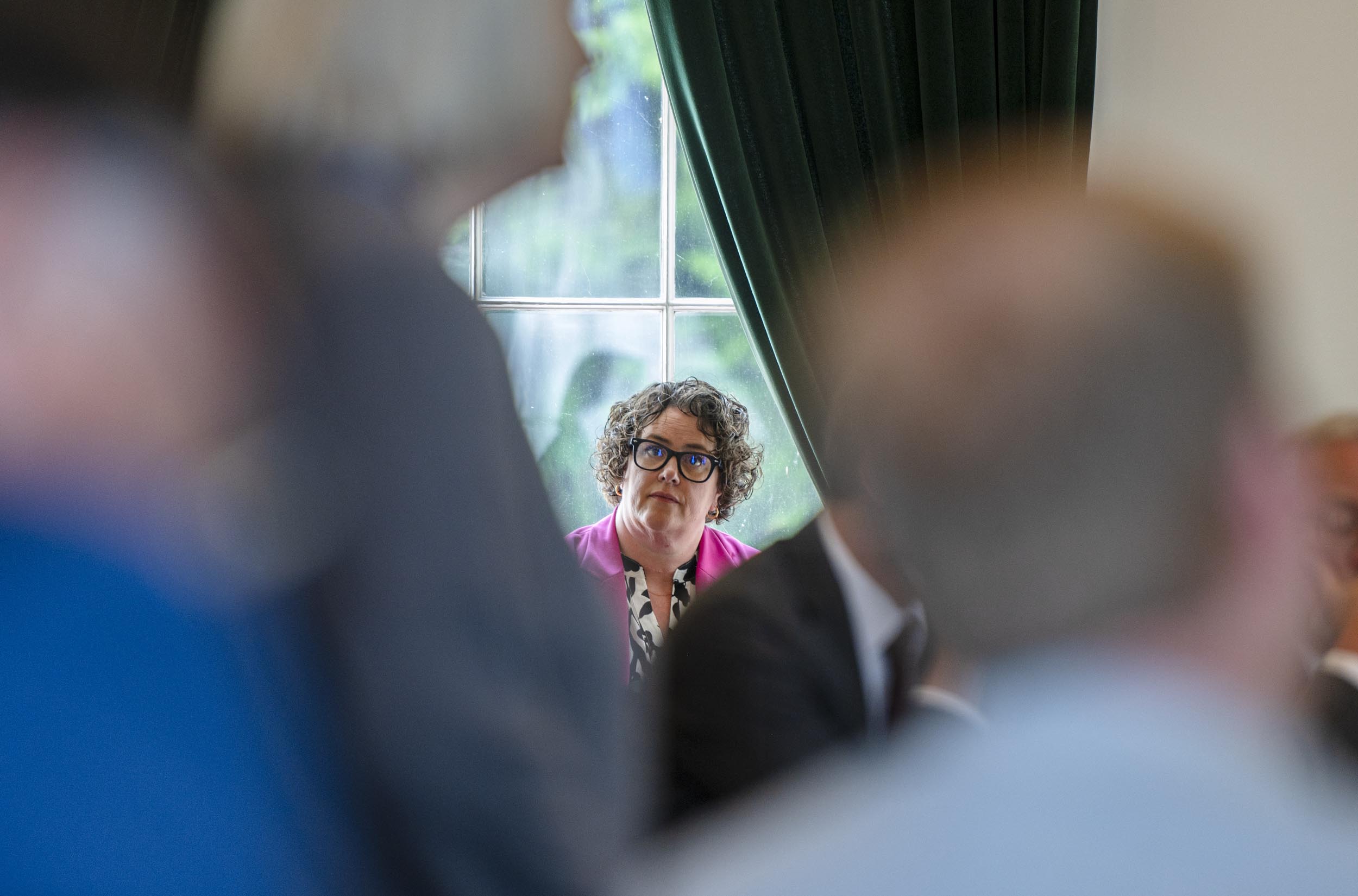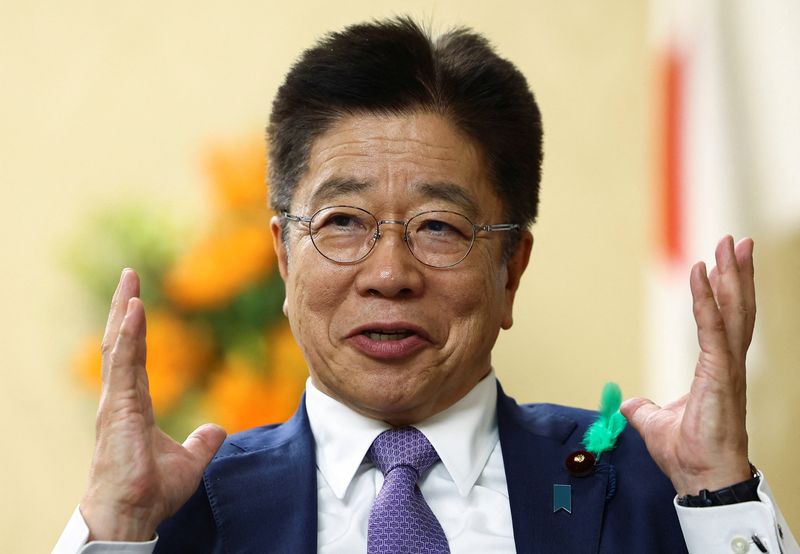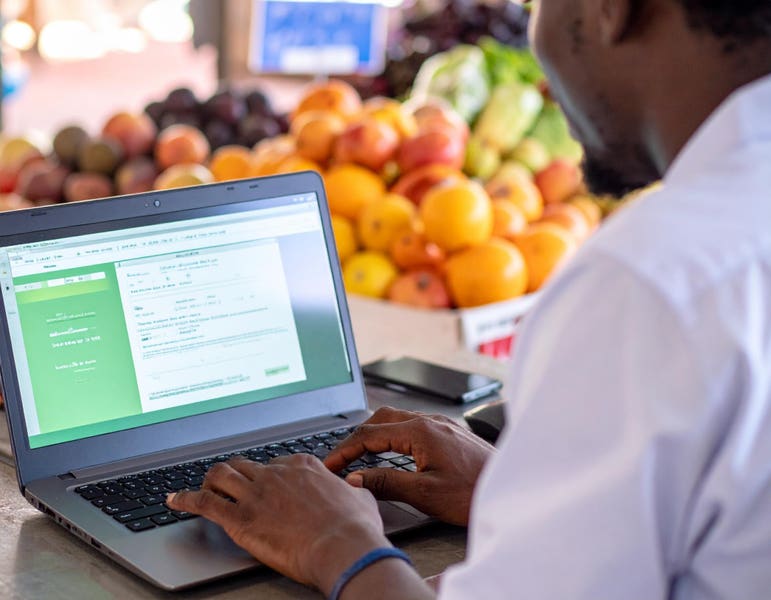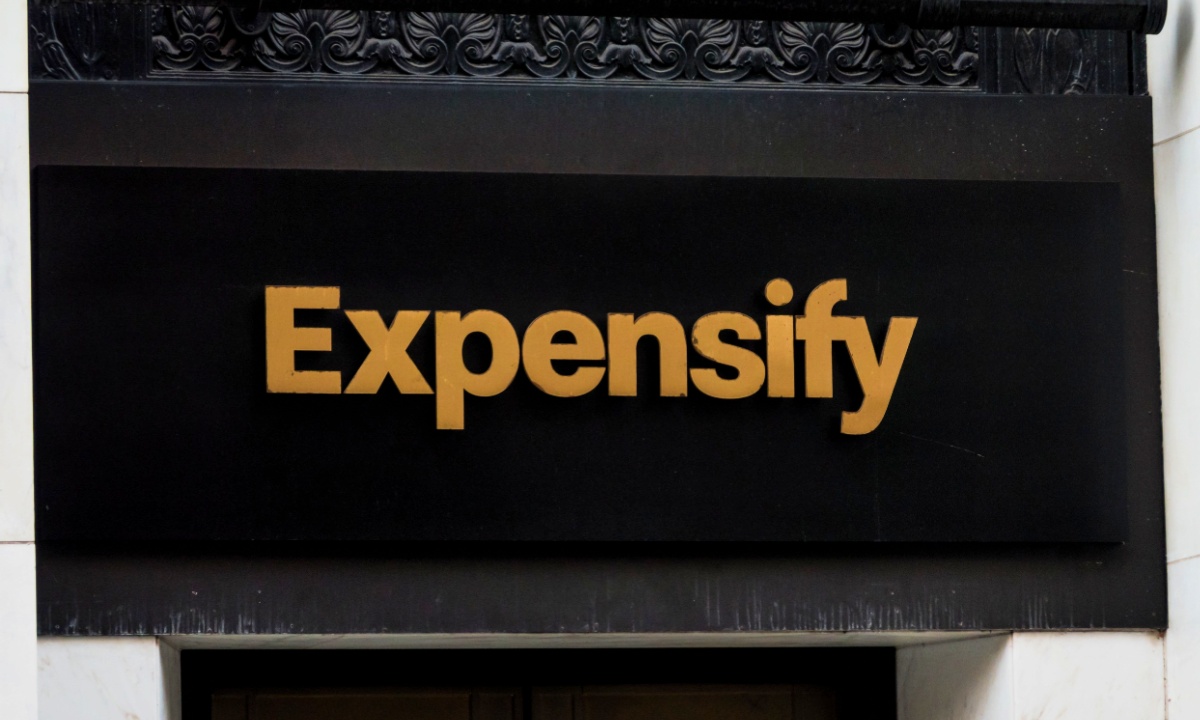Gov. Phil Scott Approves Sweeping Election Reforms
Vermont Governor Phil Scott has officially signed into law a comprehensive set of reforms aimed at updating the state’s election procedures. Among the most notable changes are expanded campaign finance disclosure requirements, new restrictions on candidacy eligibility, and updates to the rules governing write-in candidates. The legislation, known as H.474, passed both legislative chambers on the final day of the session—June 16, 2025—despite political maneuvering that nearly derailed its progress.
Legislative Journey and Political Intrigue
The path to passage was far from straightforward. Senate President Pro Tempore Phil Baruth initially tied the bill’s fate to an unrelated measure that would ban guns from bars in Burlington. When that charter change stalled in the House, Baruth halted the election bill’s progress. However, after a legislative recess in early June, Senate leaders decided to bring the bill forward for a vote. House leaders credited VTDigger’s reporting with igniting renewed interest in passing the legislation.
Expanded Campaign Finance Disclosure
One of the key changes is the elimination of the $500 threshold previously required for candidates to file campaign finance disclosures. Now, all candidates must submit disclosure forms, regardless of how much money they raise or spend. If a candidate raises or spends less than $500, they must formally attest to that fact. If they surpass that amount, they must adhere to more detailed reporting rules.
Deputy Secretary of State Lauren Hibbert noted that her office frequently receives complaints about candidates potentially violating the existing $500 rule but lacks the authority to investigate. The new law aims to create enhanced accountability and transparency in campaign financing.
“One Bite” Rule for Candidacy
Another controversial provision prevents a candidate who loses a primary election from running again in the general election under a different party or as an independent. Known as the “one bite at the apple” rule, this change sparked considerable debate, especially among independent and Progressive legislators who viewed it as limiting voter choice.
Supporters argue the rule ensures fairness in the electoral process, while critics, such as Sen. Andrew Perchlik, claim it’s an anti-democratic limitation. However, the law does not eliminate fusion candidacies, where a candidate is endorsed by multiple parties on the general election ballot.
New Requirements for Write-In Candidates
The new law also introduces formal requirements for write-in candidates running for state or federal office. Candidates must declare their intent to run with either local clerks or the Secretary of State’s Office by 5 p.m. on the Thursday before the election.
According to Hibbert, this change is designed to reduce the workload on election officials, who often have to count frivolous or unclear write-in votes. For example, ballots may include various misspellings of a candidate’s name or joke entries for fictional characters. Under the new rules, only declared write-in candidates will have their votes counted—except in cases where a write-in candidate wins more votes than any listed candidate.
Clarifying Rules for Independent Fundraisers
The law also addresses a gray area in campaign finance: individuals who raise money independently on behalf of candidates. Previously, the law did not clearly define such activities under the same rules governing political action committees (PACs).
The updated legislation now defines an “independent expenditure-only political committee” as potentially including a single individual. This clarification comes in part from national events, such as billionaire Elon Musk’s $1 million donations in a Wisconsin Supreme Court race. The law also lowers the reporting threshold from $1,000 to $500 for independent committees, PACs, and political parties.
Hibbert emphasized that the goal is consistency and increased transparency, without burdening small grassroots efforts. “The aim here is to create a level playing field and improve transparency,” she said.
Auditing Voter Rolls in Split Districts
In response to election issues in the Bennington-1 district—where 50 voters received incorrect ballots in a race decided by fewer than 30 votes—the new law requires audits of voter rolls in districts that span across municipal boundaries. Local clerks must submit audit summaries to the Secretary of State by November 15, 2025. The Secretary’s Office will then compile a statewide report based on these audits.
Revisions to Open Meeting Law
The legislation also clarifies that annual town meetings are not subject to Vermont’s Open Meeting Law. According to Hibbert, this distinction is important because town meetings are only open to legal voters in a community, not the general public. The clarification addresses confusion over whether towns are obligated to provide remote access or voting options during these meetings.
Concerns about public access can still be taken to the Vermont Attorney General or the state’s Human Rights Commission, Hibbert added.
This article is inspired by content from VTDigger. It has been rephrased for originality. Images are credited to the original source.







